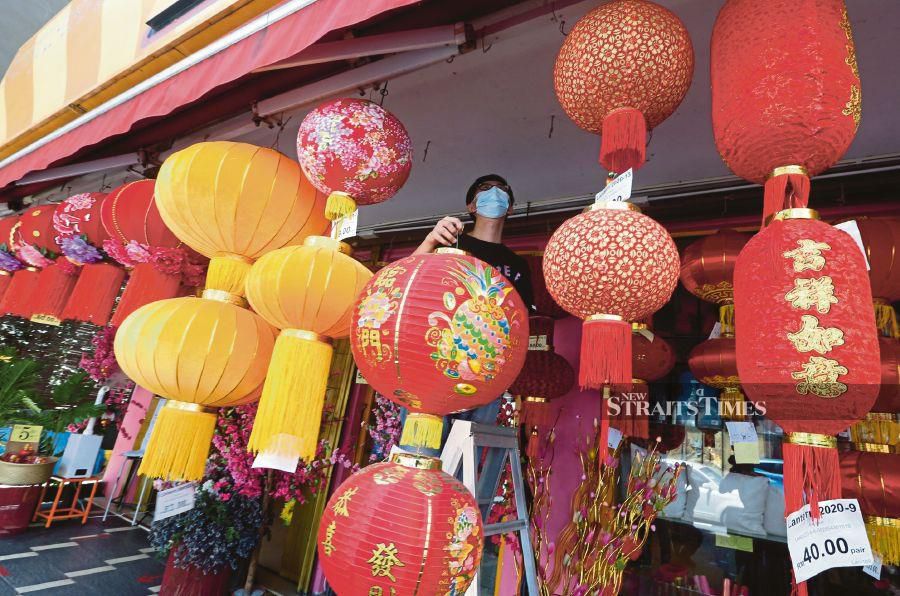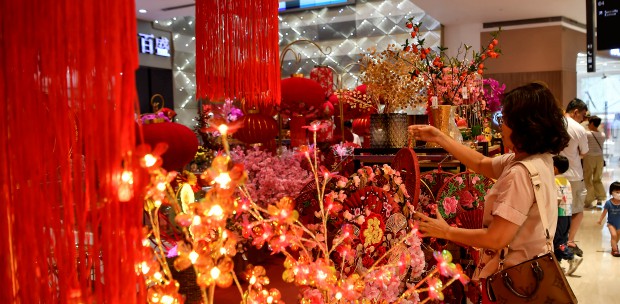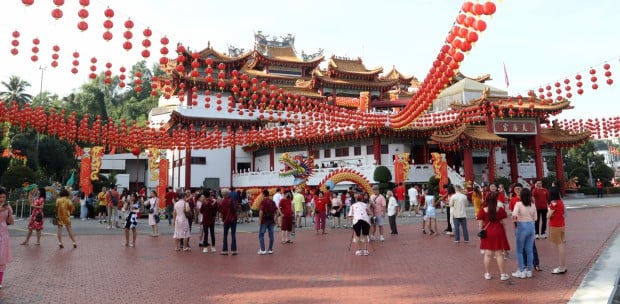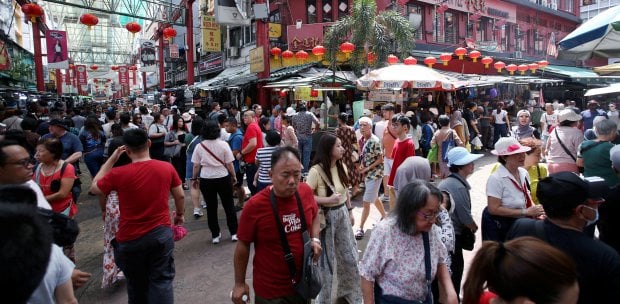Rarely has Chinese New Year (CNY) been celebrated with so much polemic in the nation's history.
However, in this time of the pandemic, it is understandable that the government has come up with standard operating procedures (SOP) for the festival.
At the same time, we know after reading the feedback in this esteemed newspaper, that perhaps more effort and empathy should have been put into the process.
Those SOP have been met with derision for "not being culturally sensitive".
On social media, politicians and comedians have made them the butt of jokes due to their contravening nature, especially regarding pasar malam and reunion dinners.
As a local "Chinaman", it is indeed lonely to celebrate without a meal with my closest relatives.
No new clothes to put on and foregoing the precious angpow that I can collect (ahem... exchange) on behalf of my kid.
I do believe that New Year family bonding is essential, as it will provide joy and respite in this time of difficulty.
Thank God we live in modern times, so New Year Zoom meetings in front of the living room television are as close as I can get to my family and friends this year. Heaven forbid that the Internet in Malaysia should break down on that auspicious day.
After all the hue and cry, the SOP have been reconsidered to allow 15 people per reunion dinner.
But I do pray that whatever happens, with all bureaucratic jokes and racial sentiments aside, common sense and reason will prevail.
However the festive celebration is going to turn out, do allow me to share a few points as we prepare for the best.
First, everything is permissible — or rather, they can be made permissible — but not all is going to be beneficial.
All actions require some thought on the consequences, whether it is worth doing so.
In the case of reunion dinner and visitations, I am thinking twice about having a family meal with my old man and meeting all the uncles and aunties at this moment — no matter how close we live to each other.
My family and I may think we have a low infection risk, but that is skewed perception because we never go for regular testing to prove that point.
In the end, dinner or not, the onus is still on us to make the right decision to keep ourselves safe and healthy.
Just like being allowed to go to supermarkets or the pasar malam, it is up to us to be wise enough to decide whether the trip is worth the risk, because the pain of infection and death is very real.
Second, when we ignore the facts and start selecting our own narrative, we are actually courting disaster and bad luck for many years to come.
Just recently, the nation has been experiencing a spike in cases — one of the worst in the world — and the government has warned that the healthcare system is at breaking point.
These are the hard facts that must neither be softened by the pain of not being able to see loved ones, nor suspicion that the government is trying to rob the Chinese of their festive joy.
Third, there will always be other times and the celebration will be more meaningful when we prevail over the virus. That is how the human spirit works.
Curbing the pandemic in Malaysia is the collective responsibility of every Malaysian, and we cannot afford to throw caution to the wind.
It will be too late if we make a faux pas in celebrating and the pandemic gets prolonged.
Finally, dear readers, as miserable as Covid-19 has been for us since early last year, I hope we can all stay strong and keep fighting as one nation.
Compromise and alternative plans should be practical at this moment, and it doesn't mean that they have to be less joyful.
I wish all of you a safe Chinese New Year and do be wise in celebrating so we can see each other again next year. Gong Xi Fa Chai and Xin Nian Kuai Ler!
The writer is an NST sub-editor
The views expressed in this article are the author's own and do not necessarily reflect those of the New Straits Times






